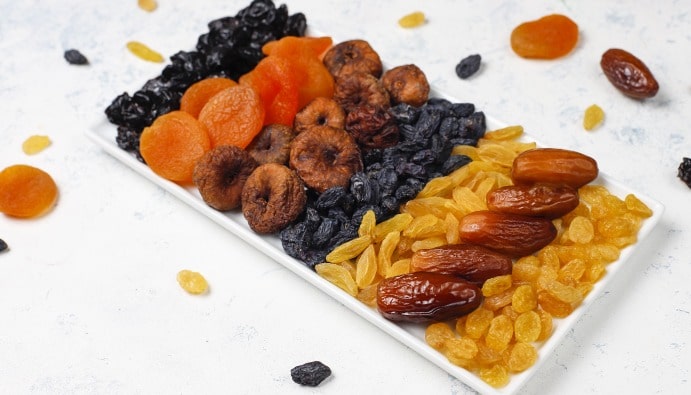Determination of Sulfur dioxide (SO2)
Determination of Sulfur dioxide (SO2)

Sulfur dioxide (SO2) is a colorless gas with a pungent odor, widely used in the food industry. It is often used as a preservative in foods. Due to its antimicrobial properties, it is one of the additives commonly used to prevent spoilage in foods such as wine, beer, vinegar, fruit juice, dried fruit, nuts, potatoes and canned vegetables.
Within the scope of the relevant regulations, the daily intake of Sulfur dioxide (SO2) is limited to 50 mg. It is especially used in the sulphuring process of dried fruits, and Sulfur dioxide (SO2) residues can cause undesirable taste changes and breakdown of vitamins. If we list the reasons for using Sulfur dioxide (SO2);
- Keeping enzymatic or non-enzymatic reactions under control in dried fruit production
- Preventing microorganism growth
- Increasing shelf life
The amount of Sulfur dioxide (SO2) used in food production may vary depending on the structure, method and storage conditions of the food to be used. Usage amounts according to Turkish Food Codex Regulation on Food Additives;
- 200 ppm in wines
- 2000 ppm in dried fruits and vegetables
Determination of Sulfur Dioxide (SO2) in Foods It can be ensured that the compliance with the relevant regulations and standards can be determined. You can contact Nanolab Food Analysis Laboratory for Sulfur Dioxide (SO2) Determination.
